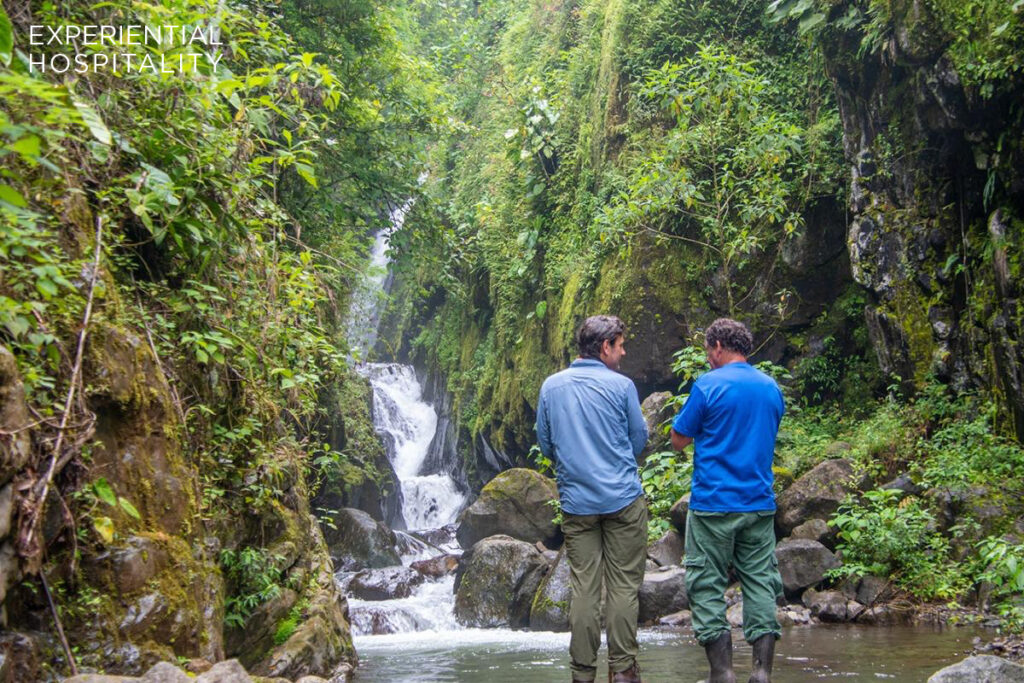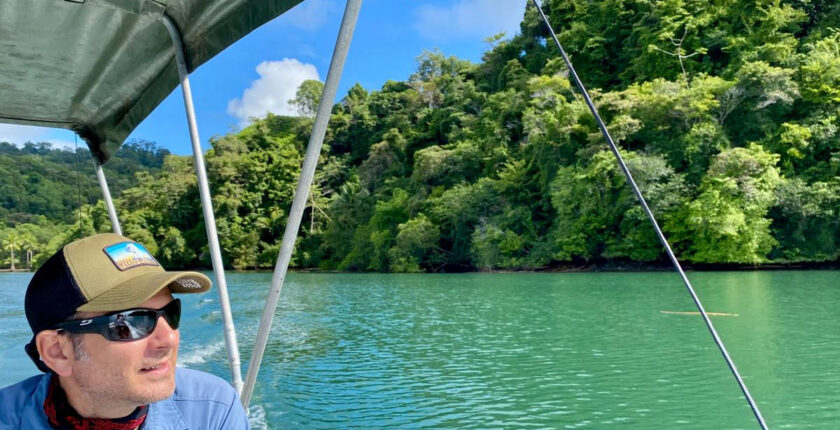A brief Coffee Table Chat on His Journey in Sustainability
One-on-One with Jesús Parrilla
In this special edition, we bring you an insightful and engaging interview with our CEO, Jesús Parrilla. Through a series of thought-provoking questions, Jesús shares his personal and professional views on sustainability. Discover what sustainability means to him, how he integrates sustainable practices into his daily routine, and his perspective on the most significant challenges facing the travel and hospitality industry in its quest for sustainability. Join us as we delve into these critical topics and gain valuable insights from a leader committed to making a positive impact.
1. What does sustainability mean to you?
To me, the concept of sustainability has evolved over the years. It started with tangible initiatives like recycling and has grown to encompass more intangible ones related to social justice. I now understand that sustainability requires a holistic, 360- degree approach. It involves regeneration, conservation, rewilding, and addressing climate change, as well as social action, equality, and good citizenship. Over the years, I have had the honor of managing and operating hotel and tourism companies in some of the world’s most naturally beautiful and culturally vibrant destinations. This hands-on experience has provided me with a broad, sensitive, and sensible perspective on sustainability, community involvement, and the impact of tourism development in pristine destinations. Sustainability also aligns deeply with my personal values of respect for nature and humanity. I believe in the power of innovation to drive sustainable solutions and the importance of continuous learning and adaptation to address emerging environmental and social challenges. Furthermore, I recognize that sustainability is not just a goal but a arduous journey that requires ongoing commitment and collaboration across all sectors of society. This awareness of the fragility of our planet and its inhabitants motivates me to advocate for and implement sustainable practices in both my personal and professional life.
2. How do you incorporate sustainable practices into your daily routine at work and in your personal life?
I am consistent in incorporating sustainable practices both in my personal and professional life. Practicing sustainable initiatives at home complements my efforts at work. In my personal life, I engage in activities such as recycling, responsible food consumption, minimizing energy and water use, waste management and composting, and reforestation. Additionally, I follow a regenerative framework by supporting biodiversity in my garden and restoring natural habitats in my community whenever possible. I am also involved in social causes like supporting food banks and strive to live in harmony and respect with my neighbors and the broader community. At work, I believe every business must consider its environmental footprint and integrate sustainable practices into daily administrative and operational processes. This includes adopting energy-efficient technologies, reducing waste, sourcing materials responsibly, and promoting a regenerative approach to business that aims to leave the environment in a better state than we found it. By fostering a culture of sustainability among employees and stakeholders, we can make a significant impact and inspire others to follow suit.

3. In your view, what is the most significant challenge that travel and hospitality businesses encounter when striving to become more sustainable, and how do you suggest they overcome it?
I believe the biggest challenge lies in the lack of commitment from investors, owners, and top management, along with a misunderstanding of the importance of adopting responsible business practices that ensure the long-term viability of their operations and the ecosystems they operate in. Additionally, there is often a misunderstanding of the short-term financial costs associated with becoming sustainable. Many fail to see that these initial investments can lead to substantial long-term savings and benefits, including enhanced brand reputation and customer loyalty. For those not naturally inclined towards sustainability or unaware of its importance, market intervention is key—whether driven by customer demands, financial markets, or government legislation. Ideally, businesses should voluntarily adopt sustainable practices rather than be compelled by legislation. By educating stakeholders about the long-term financial benefits and positive environmental impacts, we can encourage a proactive approach and commitment to sustainability.

